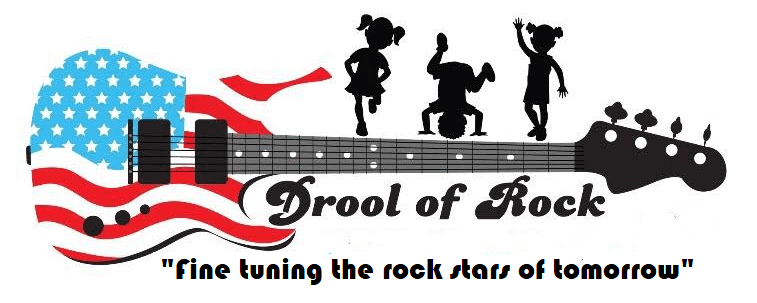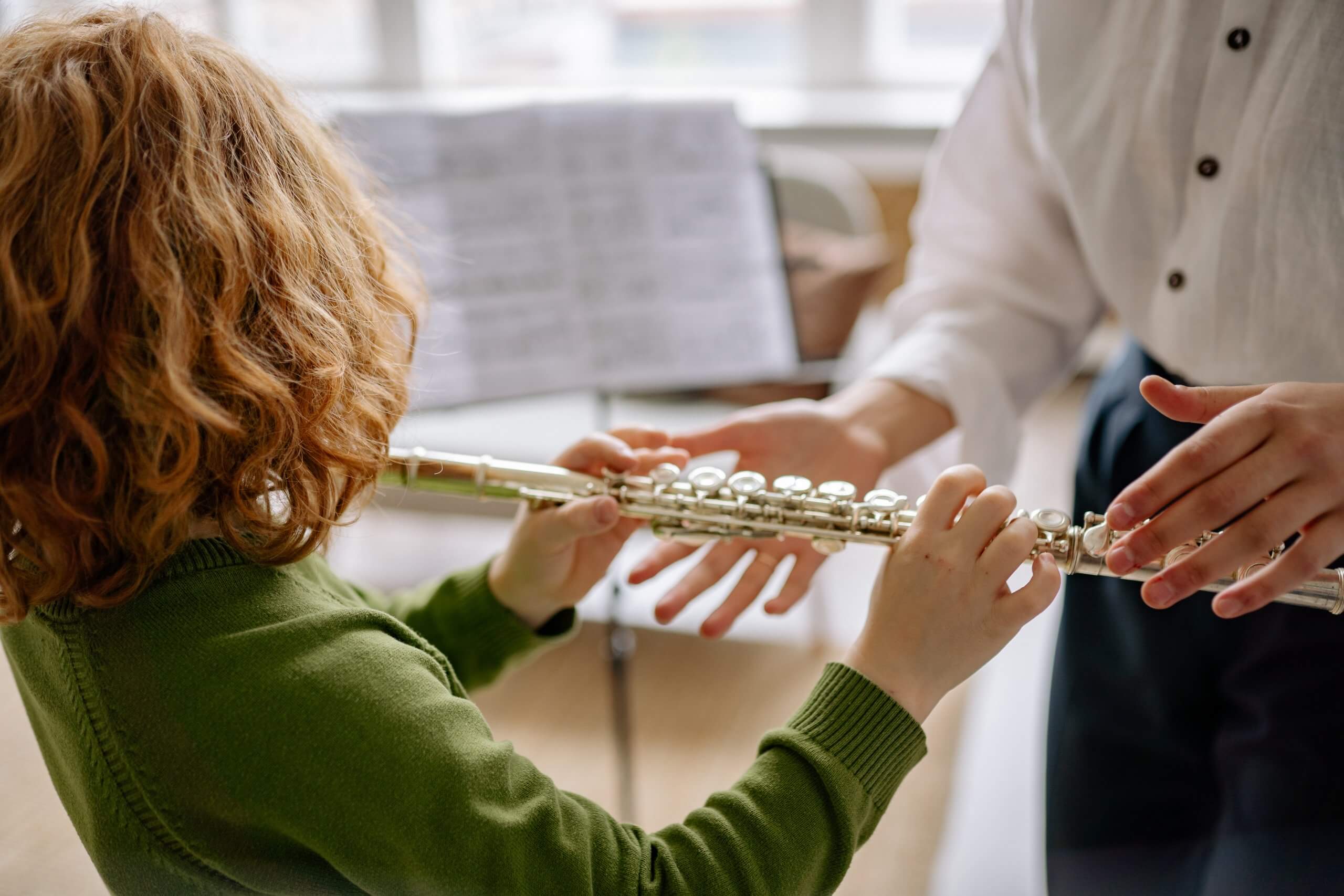They say music is influential, and it is. Music is one of the many things that can affect a person’s way of thinking and even significantly affect a child’s development.
Anything can become a musical instrument at home, and anything that can make sound can become a child’s musical toy. Even though they are only babies and toddlers, the music they hear can become a source of creativity. Kids do not need a drum set. Give them a can, and it can become their drum. A box becomes a rocketship or a pretend home. Children are creative, and music significantly affects their creativity. Music improves a child’s social skills and benefits children of all ages.
The Benefits of Music
Music is not only exclusive to musically inclined people or kids. Anyone can enjoy and learn music even as a child. A child exposed to music at an early age can have accelerated brain development, especially in language acquisition and reading skills. Learning to play any instrument can help improve the mathematical learning of a child.
Music is beneficial to academic achievement, but it can also ignite other areas of child development. A child’s social-emotional well-being, motor, language, and overall literacy can be influenced by music. It can help their mind and body to work harmoniously. Early exposure to music can help them learn sounds and know the meaning of the words. Music can make you dance, and dancing can help with motor skills and help them practice their self-expression. And music can help to strengthen the memory skills of both children and adults.
Music Activities for Kids
Music can be a way for children to express themselves. It may not be obvious, but even young infants sway and bounce when they hear some music or their hands respond to what they hear. Kids are creative so that they can make up songs for their fun and entertainment. With no self-consciousness, they do it to express themselves and sing to themselves to make themselves happy. Kids learn to sing in school, and they do it solo or with their friends. By exposing them to music, it can encourage them to learn an instrument or more. As a child grows, they are exposed to different genres of music and musicians that they become more attached to and make friendships with people who share the same music as them.
There are activities you can share with kids of all ages that include music.
Infants and Music
Infants can recognize the melody of a song before they can understand the words. Soft and quiet background music is soothing for infants, especially when they are sleeping. Loud music is not suitable for them as it can overstimulate the infant when the noise level is raised.
Activity: Singing short and straightforward songs for infants can help stimulate their brains and help them recognize your voice. Make up one or two lines of songs about bathing, dressing, or eating and sing them to them when doing the activity.
Toddlers and Music
Toddlers act differently when they hear music. They love to dance and move when they hear music. Music repetition in toddlers can encourage language and memorization, and made-up, or silly songs can make them laugh.
Activity: Sing a familiar song to them and insert silly words in place of the correct words. Let them replicate the rhythm by clapping or tapping objects.
Preschoolers and Music
Preschoolers love to sing and enjoy singing. They are not self-conscious about their ability to sing, and they are always eager to let their voices be heard. They love to sing songs that have repetitive words and melodies.
Activity: Sing nursery rhymes with preschoolers and other songs about familiar things they like, such as toys, animals, play activities, and people. Do some fingerplays and nonsense rhymes with them even without a musical accompaniment.
School-Age Children and Music
School-age kids are more appreciative of music that they sing along to songs that involve counting, spelling, and remembering a sequence of events. They start expressing their emotions towards music and the genre.
Activity: Enroll your child in a music lesson, whether a voice lesson or an instrument. Get involved with them when they sing by learning to sing the song together or listen to the music they like.
Teens and Music.
Teens have become more adept in music and are already following musicians and singers. They build friendships with people who share the same interest as them, and some are starting to compose their music.
Activity: Let your teen enjoy the music they want. Let them spend time with friends singing songs and listening to music they like.
Music is a gift, and even in a child’s development, music is also involved. There is nothing wrong if a child loves music more than the academic stuff, but they need to be reminded that they need to balance everything. Music has a significant impact on our lives, especially on children. Exposing them to music at an early age is also a way to see what they want and who they want to be in life.


